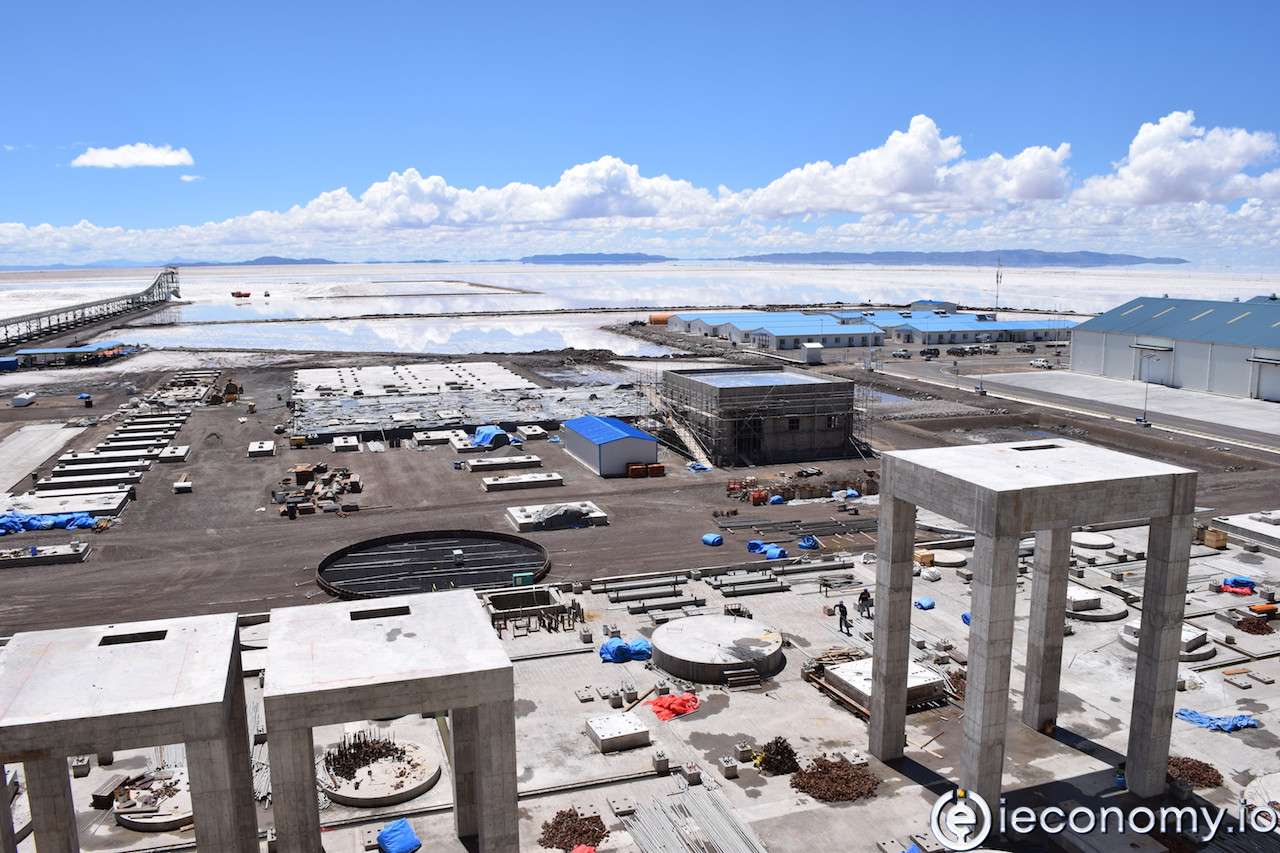4831
0
South Americans want to benefit from modern battery business
South Americans want to benefit from modern battery business. Lithium is a central component of modern batteries.

Yazar: Tom Roberts
Yayınlanma: 8 Mayıs 2021 23:28
Güncellenme: 3 Mart 2026 02:30
South Americans want to benefit from modern battery business
South Americans want to benefit from modern battery business. Luis Arce has big plans: The Bolivian president wants to use the trend towards electromobility and lead his desperately poor country into a bright future. The gigantic lithium deposits in the Salar de Uyuni are supposed to help him. "We use our raw materials in sovereignty and for the benefit of the Bolivians," said the head of state last week at a lithium symposium in La Paz. He spoke and rushed away in an electromobile made in Bolivia, with Bolivian lithium and a Bolivian battery. Bolivia is still a long way from series production of the vehicle, which is reminiscent of a golf cart, but at least the government of the South American country now wants to get into the lithium business. So far, the light metal has only been promoted for experimental purposes, now the treasure of "white gold" is to be raised on an industrial scale. By 2030, Bolivia wants to be able to meet around 40 percent of global demand, says Arce. At the symposium in La Paz, companies from all over the world presented their latest technologies for lithium extraction. The automotive industry is in a state of upheaval, the future belongs to electric vehicles: According to the market research company IHS Markit, sales of electric cars worldwide are expected to increase by 70 percent this year. Whether the traffic turnaround actually succeeds, however, will depend above all on the availability of powerful batteries and thus on access to lithium. The ions from the salts of the alkali metal are essential for the transport of the electrical charge in most modern high-performance batteries. According to a market study, the demand for lithium could quintuple in the next 35 years. South American countries from the "lithium triangle" also want to play a role: According to a survey by the US geology authority, 58 percent of the world's lithium reserves are in Bolivia, Chile and Argentina. Because of an oversupply and low prices, the mining companies had recently invested little in expanding production and opening up new mines. However, if the production of electric vehicles increases significantly in the coming years, that could change.İLGİLİ HABERLER





European stocks soared and focus shifted to German retail sales after Powell's speech!

Forex Signal For TRY/USD: Inflation Slowdown in November.

Forex Signal For GBP/USD: Bullish Trend Still Not Breaking While Recovery Continues.

Forex Signal For EUR/USD: Starry US Data Points to Higher Fed Increases.

Forex Signal For BTC/USD: Downside Continues as Bitcoin Recovery Moves Less.
En Popüler Haberler
Yorum Yap
Yorumlar
Henüz yorum yapan yok! İlk yorumu siz yapın...